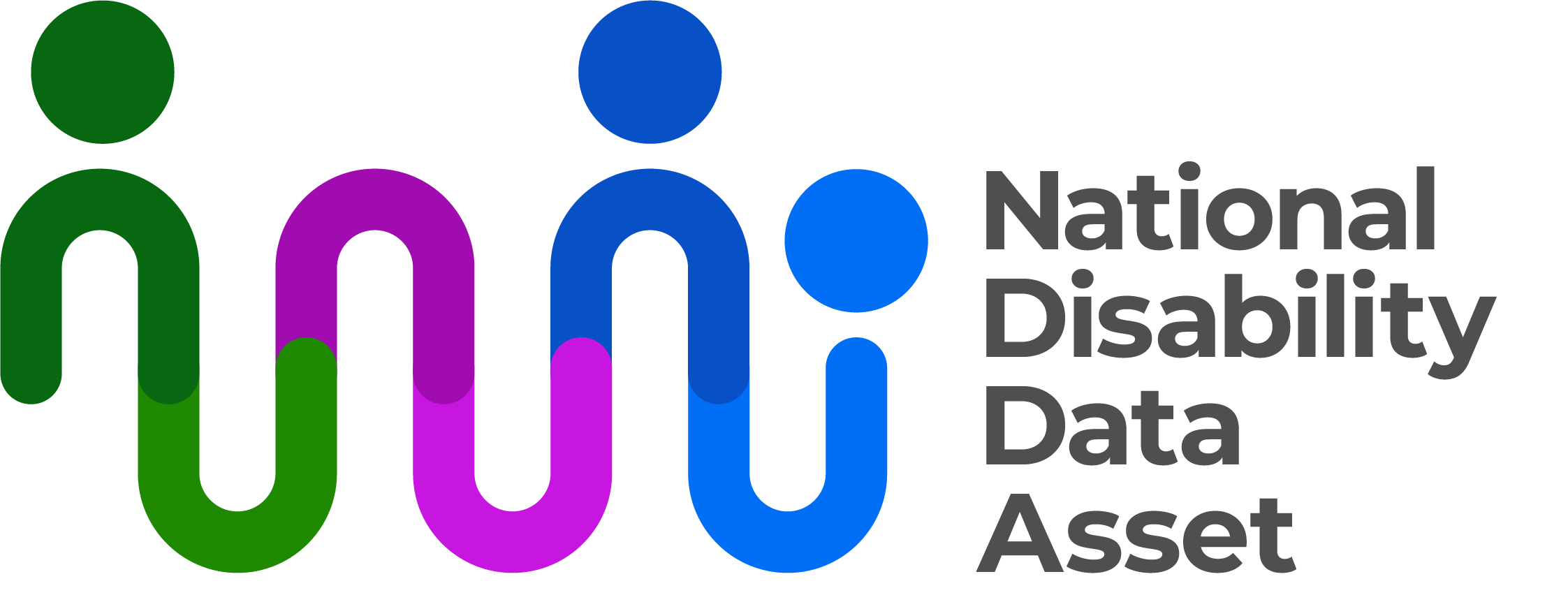
The Pilot Disability Advisory Council (Council) for the National Disability Data Asset (NDDA) had their last meeting on Friday 26 November 2021. This marks the end of a series of meetings that were conducted since February 2021 where the Council have been intensively involved in developing recommendations to government.
These recommendations draw on two years’ foundational work by the Council, the NSW-based National Project Team and AIHW Technical Project Team, government departments and agencies, and engagement with the disability community. Two key takeaways that have come out of these engagements with the disability community is that Australia needs a disability data asset to improve outcomes for people with disability. Further, to ensure any investment is maximised and serves the community’s interests, people with disability must be involved at every level of the NDDA from its governance to its operations and ethical oversight. Recommendations were developed around:
- People with disability, disability organisations and researchers being involved as decision makers for how the NDDA is developed and used, alongside government officials. This would include a process for the disability community to nominate members of the highest decision-making body for the NDDA, and for that body to have ongoing input from people with lived experience and disability organisations.
- Safeguards to ensure that the data asset is used to analyse topics where better insights will help improve outcomes for people with disability and not used against the wishes of people with disability. This includes an NDDA Charter, which the Council has drafted for further consultation with people with disability should a permanent data asset be approved in 2022. It would also include disability-informed ethical oversight of the uses of the NDDA.
- Ensuring the quality of data included in the NDDA is improved by addressing currently known limitations in government-held data and additional data is collected where topics or issues of concern are known to be gaps in the data.
- Directions around the use of the 5 policy test cases that were developed during the NDDA pilot phase (April 2020-December 2021), including the publication of insights and development of digital tools to help policy makers understand the relevance of the insights to decisions that impact people with disability.
Over the course of the NDDA Pilot, the National Project Team have conducted or commissioned more than 90 engagements with the disability community, academic researchers, and service providers. This includes interviews, workshops, focus groups, and a webinar. In 2020, these engagements focused on understanding how people with disability would like to see any permanent data asset used and expectations around the involvement of people with disability and disability organisations in the data asset. In 2021, these engagements focused on testing more specific aspects of how people with disability and disability organisations would be involved in making decisions about the data asset and ensuring that the expertise held by the disability community is included in the data asset.
The diagram below summarises the six key themes that the Council have identified, informed by community engagement, as being key to the governance of the asset’s use and development, as well as continuing building and maintain community trust.
The Council thanks the members of the disability community who have generously contributed their time and expertise to inform the design of the NDDA.
Implementing the five policy test cases uncovered the processes needed to utilise the wealth of administrative data available about the involvement of people with disability in service systems in Australia. There is now a solid and tested foundational understanding of the technical, governance, and operational knowledge and processes required to support an enduring, permanent disability data asset.
Should the NDDA be agreed beyond the Pilot phase, which concludes in December 2021, there will need to be a phased approach to developing the permanent data asset. The vision for the NDDA is that governments and communities will work together to ensure that more data and information is available than ever before to improve outcomes for people with disability, supported by national data linkage infrastructure and capabilities. If a permanent NDDA is supported by governments, it will be Australia’s largest data linkage project to date. For this reason, it will take time to build the governance, technical, community engagement and policy capabilities required to deliver it. The build phase is likely to take two to three years, with a review point at two years suggested by the Council and other stakeholders.
Governments will consider these recommendations as they make decisions about whether to continue beyond the pilot phase to build a permanent data asset for use to improve outcomes for people with disability. Once considered, governments will communicate to the Council how their recommendations have been incorporated into the design for the permanent data asset and reasons for any recommendations that have not been adopted.
The Chair, Ben Gauntlett thanks the Council members for voluntarily contributing their time and expertise to create a framework to potentially develop an important asset for the disability community. The Council’s contribution, which included numerous out-of-session informal meetings, highlights the fundamental ongoing importance of listening to the disability community and has depended on Council members willingness to work collaboratively and find ways to listen and understand each other’s perspectives during the challenges created by the Covid-19 pandemic. The Council also thanks the NDDA National Project Team, and all government partners, for the support and advice they have provided to help inform the Council’s input to the NDDA design.
There have been five formal Council meetings over the period of July to November 2021.

